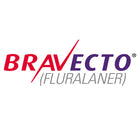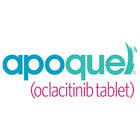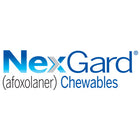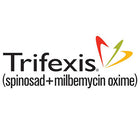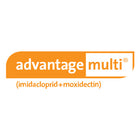
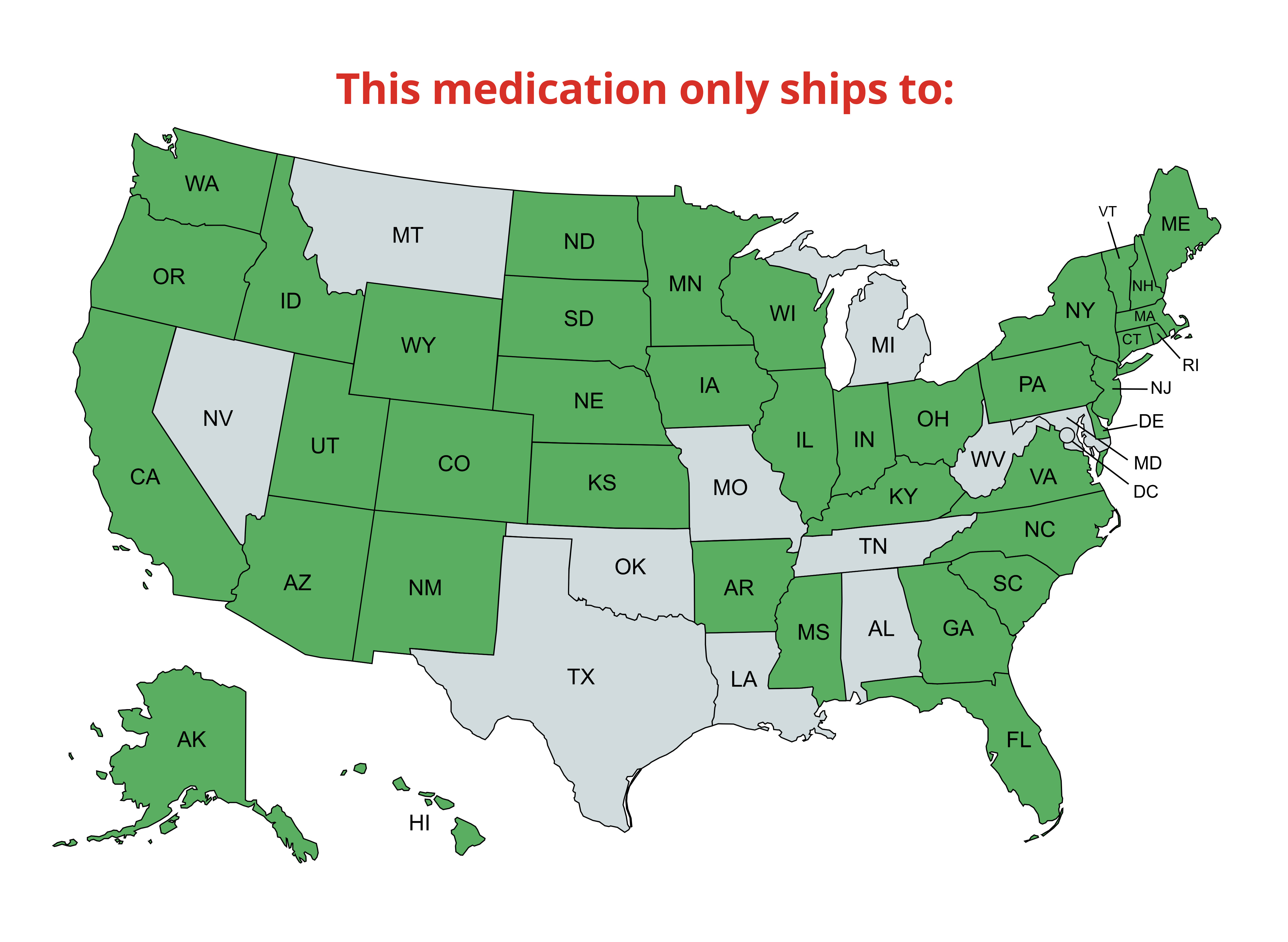
OstiFen (Carprofen) Chewable Tablets for Dogs
VetOne OstiFen is the most commonly prescribed NSAID for dogs globally, known for its high safety and effectiveness. It offers affordable pain relief for dogs with osteoarthritis (OA). Carprofen continues to be the top choice of veterinarians for treating pain and inflammation related to OA, as well as managing postoperative pain from surgeries in dogs.
- Suitable for dogs of every size
- Blocks the creation of the enzyme involved in causing inflammation.
- Ideal when taken with meals, but also enjoyable on its own.
- Scored to provide accurate measurement for dosing purposes.
Indication:
OstiFen is indicated for the relief of pain and inflammation associated with osteoarthritis and for the control of postoperative pain associated with soft tissue and orthopedic surgeries in dogs.
Prescription items are NON-RETURNABLE and NON-REFUNDABLE.
Please note product may arrive in a Hardy Paw Pharmacy vial, manufacturer packaging is shown for reference.
Dosage and Administration
Always provide Client Information Sheet with prescription. Carefully consider the potential benefits and risks of OstiFen and other treatment options before deciding to use OstiFen. Use the lowest effective dose for the shortest duration consistent with individual response. The recommended dosage for oral administration to dogs is 2 mg/lb of body weight daily. The total daily dose may be administered as 2 mg/lb of body weight once daily or divided and administered as 1 mg/lb twice daily. For the control of postoperative pain, administer approximately 2 hours before the procedure. OstiFen chewable tablets are scored and dosage should be calculated in half-tablet increments. Tablets can be halved by placing the tablet on a hard surface and pressing down on both sides of the score. These liver-flavored OstiFen chewable tablets may be offered to the dog by hand or placed on food. If the dog does not willingly consume the tablets, they may be hand-administered (pilled) as with other oral tablet medications. Care should be taken to ensure that the dog consumes the complete dose.
Caution
Federal law restricts this drug to use by or on the order of a licensed veterinarian.
Contraindications:
OstiFen should not be used in dogs exhibiting previous hypersensitivity to carprofen.
Warnings:
Keep out of reach of children. Not for human use. Consult a physician in cases of accidental ingestion by humans. For use in dogs only. Do not use it in cats.
All dogs should undergo a thorough history and physical examination before initiation of NSAID therapy. Appropriate laboratory tests to establish hematological and serum biochemical baseline data before, and periodically during, administration of any NSAID should be considered. Owners should be advised to observe for signs of potential drug toxicity.
Precautions:
As a class, cyclooxygenase-inhibitory NSAIDs may be associated with gastrointestinal, renal, and hepatic toxicity. Effects may result from decreased prostaglandin production and inhibition of the enzyme cyclooxygenase which is responsible for the formation of prostaglandins from arachidonic acid.11-14 When NSAIDs inhibit prostaglandins that cause inflammation they may also inhibit those prostaglandins which maintain normal homeostatic function. These anti-prostaglandin effects may result in clinically significant disease in patients with underlying or pre-existing disease more often than in healthy patients.
NSAID therapy could unmask occult disease which has previously been undiagnosed due to the absence of apparent clinical signs. Patients with underlying renal disease, for example, may experience exacerbation or decompensation of their renal disease while on NSAID therapy. 11-14 The use of parenteral fluids during surgery should be considered to reduce the potential risk of renal complications when using NSAIDs perioperatively.
Carprofen is an NSAID, and as with others in that class, adverse reactions may occur with its use. The most frequently reported effects have been gastrointestinal signs. Events involving suspected renal, hematologic, neurologic, dermatologic, and hepatic effects have also been reported. Patients at greatest risk for renal toxicity are those who are dehydrated, on concomitant diuretic therapy, or those with renal, cardiovascular, and hepatic dysfunction. Concurrent administration of potentially nephrotoxic drugs should be approached cautiously, with appropriate monitoring. Concomitant use of carprofen with other anti-inflammatory drugs, such as other NSAIDs or corticosteroids, should be avoided because of the potential increase of adverse reactions, including gastrointestinal ulcerations and/or perforations. Sensitivity to drug-associated adverse reactions varies with the individual patient. Dogs that have experienced adverse reactions from one NSAID may experience adverse reactions from another NSAID. Carprofen treatment was not associated with renal toxicity or gastrointestinal ulceration in well-controlled safety studies of up to ten times the dose in healthy dogs.
OstiFen is not recommended in dogs with bleeding disorders (e.g., Von Willebrand's disease), as safety has not been established in dogs with these disorders. The safe use of OstiFen in animals less than 6 weeks of age, pregnant dogs, dogs used for breeding purposes, or lactating bitches has not been established. Studies to determine the activity of OstiFen when administered concomitantly with other protein-bound or similarly metabolized drugs have not been conducted. Drug compatibility should be monitored closely in patients requiring additional therapy. Such drugs commonly used include cardiac, anticonvulsant, and behavioral medications. It has been suggested that carprofen treatment may reduce the inhalant anesthetics needed.
If additional pain medication is warranted after administration of the total daily dose of OstiFen, alternative analgesia should be considered. The use of another NSAID is not recommended. Consider appropriate washout times when switching from one NSAID to another or when switching from corticosteroid use to NSAID use.
Due to the liver flavoring contained in OstiFen chewable tablets, store them out of the reach of dogs and in a secured area. Severe adverse reactions may occur if large quantities of tablets are ingested. If you suspect your dog has consumed OstiFen chewable tablets above the labeled dose, please call your veterinarian for immediate assistance and notify Norbrook (1-866-591-5777).
Information for Dog Owners:
OstiFen, like other drugs of its class, is not free from adverse reactions. Owners should be advised of the potential for adverse reactions and be informed of the clinical signs associated with drug intolerance. Adverse reactions may include decreased appetite, vomiting, diarrhea, dark or tarry stools, increased water consumption, increased urination, pale gums due to anemia, yellowing of gums, skin or white of the eye due to jaundice, lethargy, incoordination, seizure, or behavioral changes. Serious adverse reactions associated with this drug class can occur without warning and in rare situations result in death. Owners should be advised to discontinue OstiFen therapy and contact their veterinarian immediately if signs of intolerance are observed. The vast majority of patients with drug-related adverse reactions have recovered when the signs are recognized, the drug is withdrawn, and veterinary care, if appropriate, is initiated. Owners should be advised of the importance of periodic follow-up for all dogs during the administration of any NSAID.
FAQ
- What is the reason for dogs to consume OstiFen Carprofen Chewable Tablets?
- The medication OstiFen Carprofen prescribed for dogs is both safe and effective in treating pain and inflammation.
- This NSAID medication is meant to decrease inflammation and alleviate pain caused by arthritis, surgery, or joint issues.
- Using Carprofen to treat your dog can improve his quality of life and help him feel better.
- What other information should I be aware of regarding OstiFen Carprofen Chewable Tablets?
- Alleviates pain and inflammation caused by arthritis and issues with the joints.
- Alleviates discomfort and inflammation caused by surgical procedures.
- Chewable tablets designed for simple ingestion.
- What issues might my dog experience with OstiFen Carprofen Chewable Tablets?
- While many dogs can handle carprofen without any issues, some dogs may experience stomach ulcers, kidney issues, and liver issues. Your vet will routinely examine your dog's blood to monitor for any potential side effects.
- Get in touch with your vet if you observe side effects like increased or decreased appetite, vomiting, changes in bowel movements, behavior or activity level, incoordination, weakness, seizures, aggression, changes in drinking or urination, or jaundice.
- What is the proper way to utilize OstiFen Carprofen Chewable Tablets?
- Carprofen Chewable Tablets can be administered with or without meals. Administering carprofen with a meal can decrease the likelihood of causing stomach irritation.
- What ingredients are contained in OstiFen Carprofen Chewable Tablets?
- Carprofen is a medication that belongs to the group of non-steroidal anti-inflammatory drugs and helps lower inflammation and relieve pain.
Recommended for the OstiFen (Carprofen) Chewable Tablets for Dogs 100mg
Product title
Vendor
$19.99 | $24.99
Product title
Vendor
$19.99 | $24.99
Product title
Vendor
$19.99 | $24.99
Product title
Vendor

